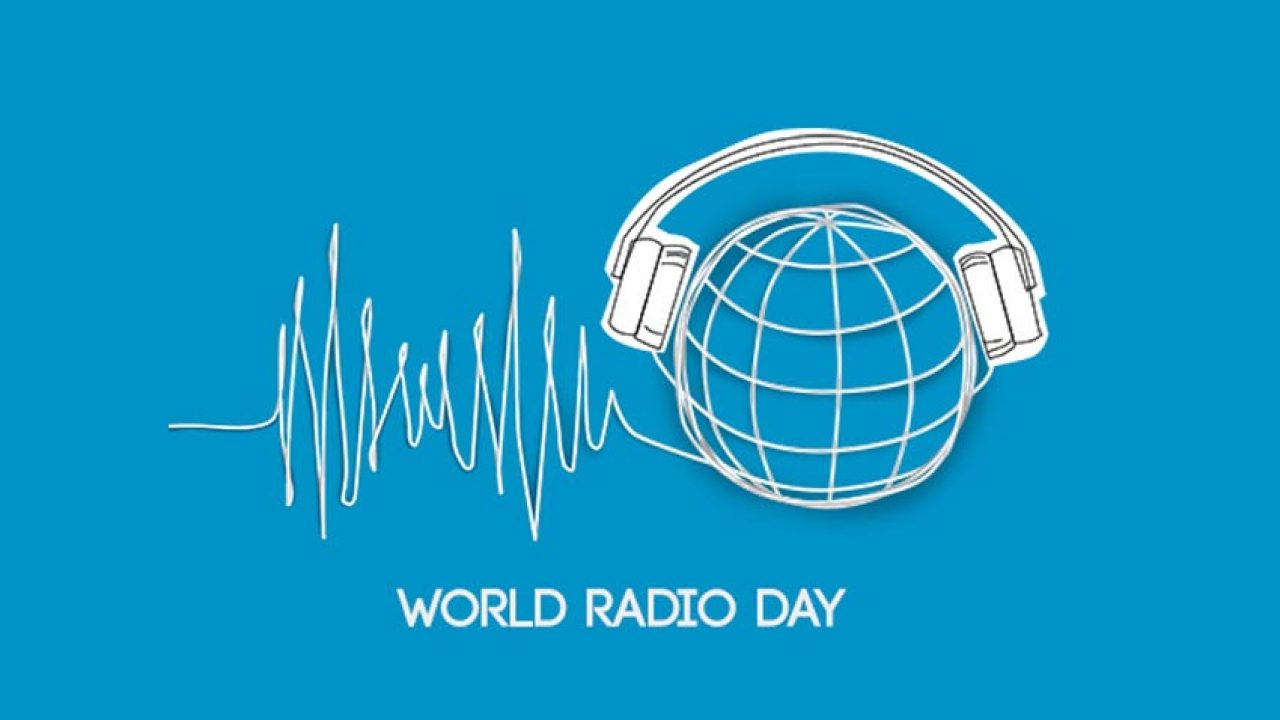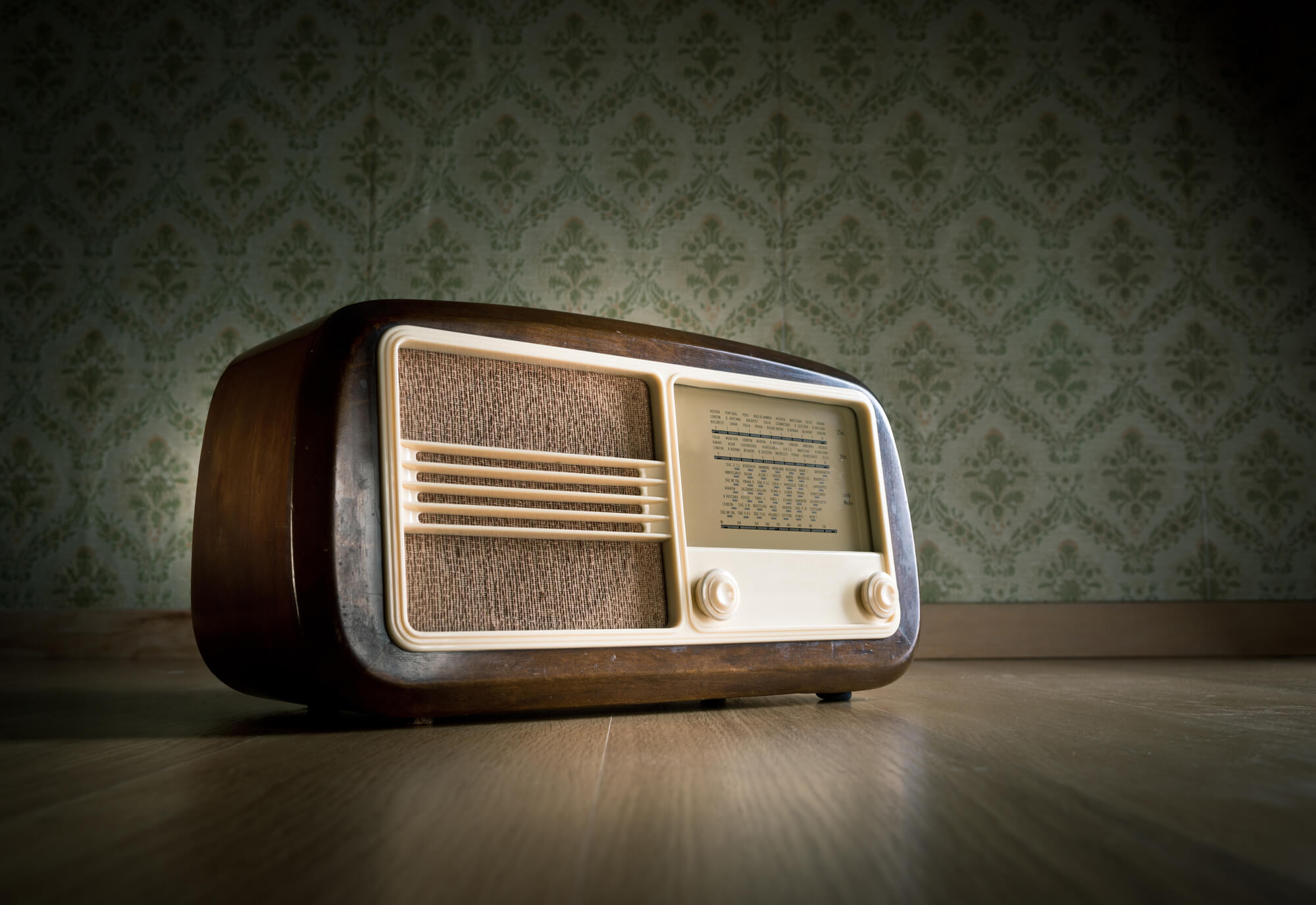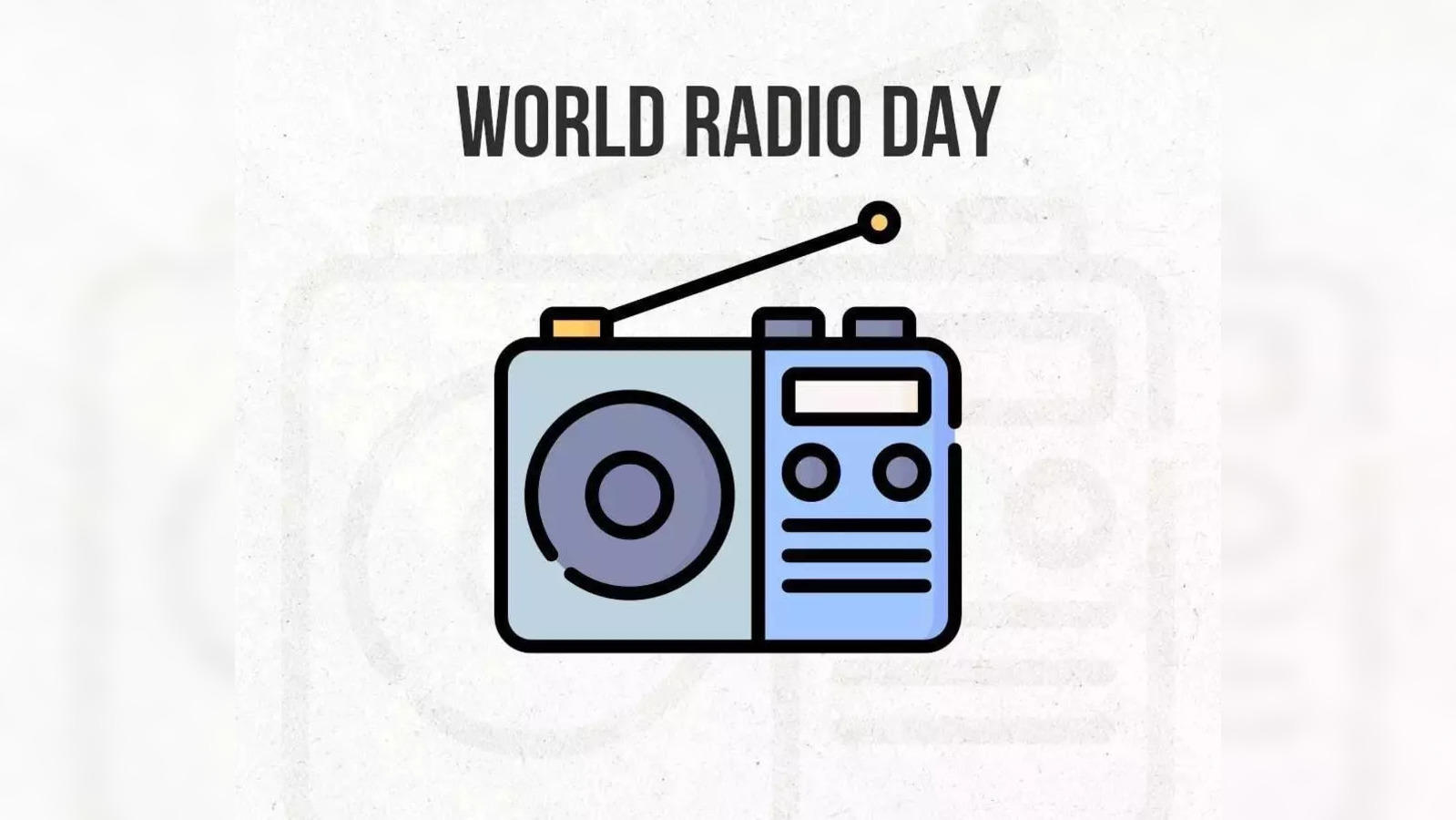
World Radio Day
World Radio Day Every year on February 13th, the world celebrates World Radio Day, an occasion dedicated to recognizing the importance of radio as a powerful tool for communication, information dissemination, and cultural expression. Since its inception by UNESCO in 2011, World Radio Day has served as a platform to raise awareness about the enduring relevance of radio in an increasingly digital world, as well as to highlight the unique role it plays in fostering dialogue and understanding across diverse communities.
The Significance of Radio
Radio remains one of the most accessible and widely consumed forms of media, reaching billions of people around the globe. Its unique characteristics, including its portability, affordability, and ability to reach remote and marginalized communities, make it a vital tool for communication and information sharing, particularly in regions with limited access to other forms of media.

Themes and Objectives
Each year, World Radio Day focuses on a specific theme that highlights different aspects of radio broadcasting. Themes in the past have included gender equality, youth participation, and the role of radio in times of crisis. These themes aim to underscore the diverse functions of radio and its capacity to address pressing social, economic, and cultural issues.
Celebrating Diversity and Inclusion
One of the key strengths of radio is its ability to reflect the voices and perspectives of diverse communities. World Radio Day celebrates this diversity and promotes the principles of inclusion and equality in broadcasting.
Radio in the Digital Age
While the rise of digital media has transformed the media landscape, radio remains resilient, adapting to new technologies and platforms to reach audiences in innovative ways. Online streaming, podcasts, and social media integration have extended the reach of radio beyond traditional broadcasting, allowing listeners to engage with content anytime, anywhere.
Conclusion
World Radio Day serves as a reminder of the enduring value of radio in an ever-changing media landscape. As we celebrate this global observance, let us recognize the vital role that radio plays in promoting dialogue, fostering understanding, and connecting communities worldwide. In an age of increasing digitalization, radio continues to be a beacon of hope, information, and entertainment for millions of people around the world.
The History of Radio Invention: From Guglielmo Marconi to the Modern Communication Era
Radio is one of the most transformative inventions in human history. Its ability to transmit messages and information wirelessly through electromagnetic waves has facilitated global communication, providing access to news, entertainment, and culture to millions of people worldwide. However, the long and complex history behind the invention of radio is often not widely known. Let’s explore the journey from the pioneers of radio to the modern communication era.
Guglielmo Marconi: The Father of Modern Radio
In the late 19th century, an Italian scientist named Guglielmo Marconi emerged as a key figure in the development of modern radio. In 1895, Marconi successfully transmitted a radio signal across a distance of about two kilometers, demonstrating the concept of wireless transmission. Two years later, in 1897, he established the first company to develop radio technology.
Early Experiments and Key Discoveries
In 1894, Russian scientist Alexander Popov conducted similar experiments successfully in the field of wireless transmission. Furthermore, in 1901, Marconi accomplished the transmission of radio signals across the Atlantic Ocean, proving the radio’s ability to communicate globally.
Technological Developments and Further Advancements
After Marconi’s initial discovery, the radio industry experienced rapid growth. In the following years, many scientists and engineers were involved in the development of radio technology, including the improvement of more efficient transmitter and receiver systems, the use of different frequency waves, and the enhancement of sound quality.

The Role of Radio in History
Radio has played a significant role in modern history, particularly during World War I and II, where it was used for military communication, propaganda, and disseminating news to the public. After the wars, radio continued to evolve into one of the primary mass media, providing entertainment, information, and culture to millions of listeners worldwide.
Transformation Towards the Digital Era
With the emergence of digital technology, radio has undergone a major transformation. Digital radio broadcasts, podcasts, online streaming, and social media platforms have opened up new opportunities for radio to reach a wider and more diverse audience. However, traditional radio remains an integral part of daily life for many people around the world.
Conclusion
The history of radio invention, particularly through the contributions of Guglielmo Marconi, is a story of innovation, perseverance, and technological advancement. From the early experiments in laboratories to becoming one of the dominant communication media in the world, radio continues to serve as a powerful connector between individuals, communities, and cultures. In the journey towards the modern communication era, radio remains a symbol of diversity, creativity, and a catalyst for social change.
Early Days of Radio
The groundwork for radio technology was laid in the late 1800s with the pioneering work of inventors such as Guglielmo Marconi, Nikola Tesla, and Alexander Popov. These visionaries conducted experiments in wireless telegraphy, leading to the transmission of radio signals over increasingly longer distances. Marconi’s successful transatlantic transmission in 1901 marked a significant milestone in the development of radio technology.
Rise of Broadcast Radio
The 1920s witnessed the commercialization and popularization of radio broadcasting. The establishment of radio stations around the world allowed for the transmission of news, music, and entertainment to a mass audience. Radio quickly became a staple in households, providing families with access to live broadcasts of sporting events, music concerts, and serialized dramas.
Golden Age of Radio
The 1930s and 1940s are often referred to as the “Golden Age of Radio.” During this period, radio programming flourished, offering a diverse array of content catering to various interests and demographics. From iconic radio shows like “The War of the Worlds” to live broadcasts of presidential speeches and wartime news coverage, radio played a central role in shaping public opinion and culture.
Technological Advancements
The post-World War II era brought significant technological advancements to the field of radio. The introduction of FM radio, stereo broadcasting, and transistor radios revolutionized the way people listened to and interacted with radio content. Portable radios became increasingly popular, allowing listeners to tune in to their favorite stations on the go bandar besar slot.
Digital Revolution
The late 20th century saw the emergence of digital radio technology, ushering in a new era of broadcasting. Digital audio broadcasting (DAB) and internet radio expanded the reach and accessibility of radio programming, offering listeners a wider selection of stations and formats. Additionally, advancements in satellite radio technology enabled the development of subscription-based services with commercial-free music and exclusive content.
Modern Landscape
In the 21st century, radio continues to thrive in the digital age. While traditional terrestrial radio remains prevalent, online streaming platforms and podcasting have emerged as popular alternatives for accessing radio content. Social media integration, interactive features, and personalized recommendations have further enhanced the radio listening experience, catering to the evolving preferences of audiences.

Conclusion
The rapid development of radio from its inception to the present day reflects its enduring relevance and adaptability in a changing media landscape. As technology continues to evolve, radio remains a vital medium for connecting people, fostering cultural exchange, and disseminating information on a global scale.
Read More Article About “Indian Cuisine: Spice Symphony of Culinary“








